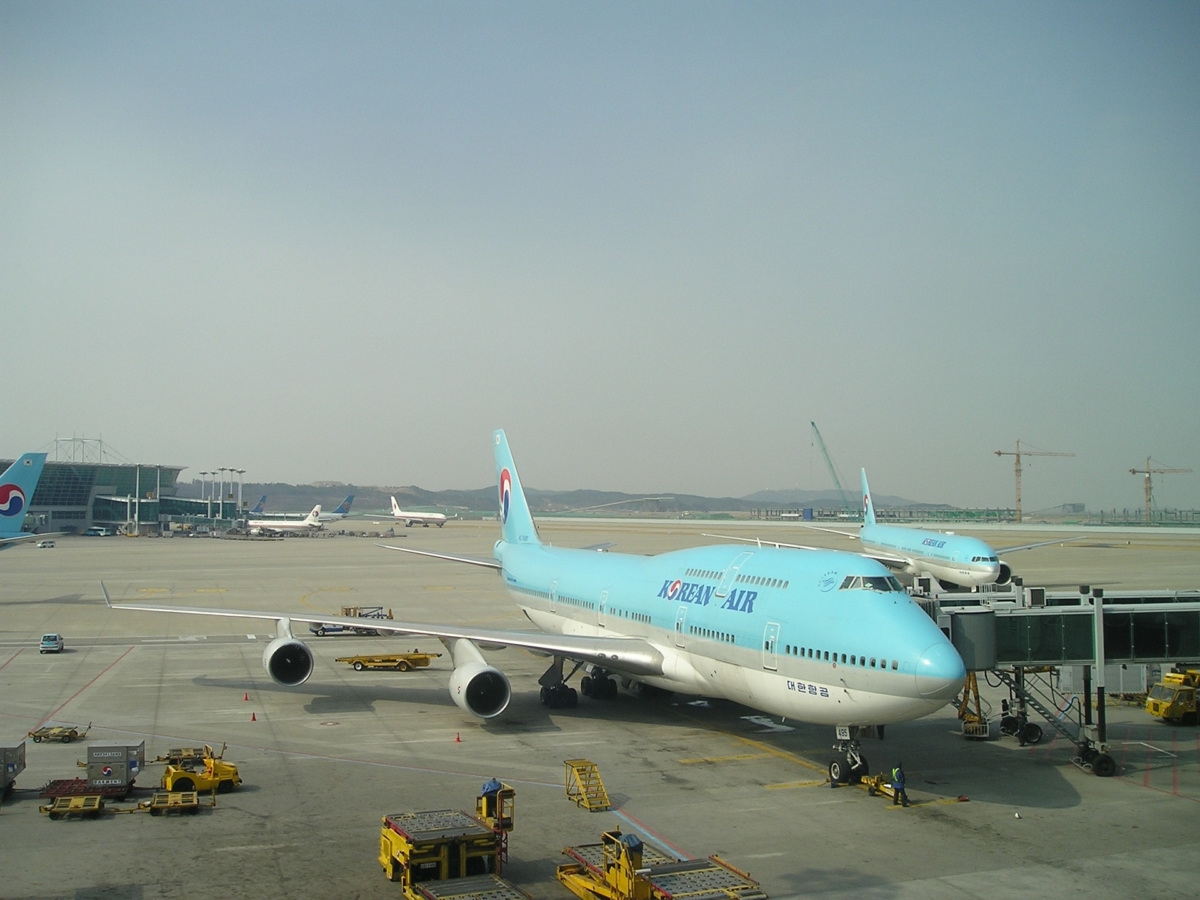
The case of super-variant Omicron’s “Patient Zero” – a 36-year-old man from Hong Kong – throws troubling light on just how contagious this new strain is, and how the international battle to bring the pandemic to an end has become so much harder.
While the global epicentre of the super-variant is South Africa, with cases believed to date back from early November, the first official record of variant B.1.1.529 emerged in Hong Kong on 13 November.
According to Hong Kong’s Centre for Health Protection (CHP), Patient Zero – case number 12388 – flew to South Africa on 23 October, returning on 11 November on a Qatar Airlines flight QR818.
He tested negative on arrival at Hong Kong airport, but under the territory’s strict quarantine rules he was put up in the Regal Airport Hotel in Chek Lap Kok for the required 21 days.
Two days later he tested positive for Covid-19, with the health authority saying his sample showed signs of a mutation, and the next day, 14 November, he was admitted to hospital with a high viral load.
On 22 November, the patient’s genome sample was uploaded onto GISAID, the global genomic database used by virologists around the world to analyse and compare data.
On that same day, the CHP noticed a link between case 12388 and a second, labelled 12404 – someone who had not been to South Africa but was staying in the same hotel as the 36-year-old. In fact, their rooms were opposite each other on the 5th floor of the Regal Airport Hotel.
Case 12404 had checked into the hotel on 10 November, a day before case 12388, and tested negative twice before being diagnosed with Covid-19 on 18 November. He was also admitted to hospital.
Read more...







